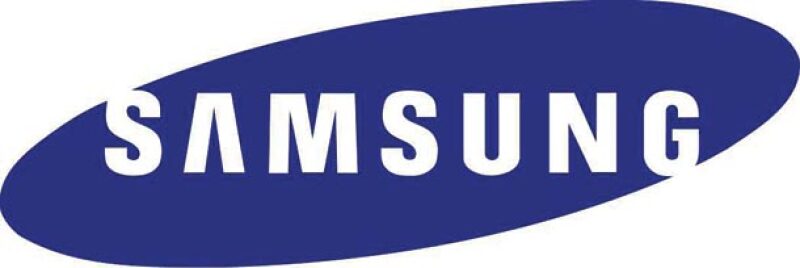
The result
International exhaustion of trade marks applies in India
The impact
Trade mark law cannot be used to prevent unauthorised import of genuine goods
India has been wrestling with parallel imports for the past two years, with the courts and Customs giving conflicting interpretations of the Trademarks Act. The most recent case before the Delhi High Court provides much-needed clarity for brand owners, but unless it gets overturned on appeal, it will not be the answer they were hoping for.
The Delhi High Court Divisional Bench's ruling in Samsung Electronics v Kapil Wadhwa in October held that the principle of international exhaustion of trade marks applies, and that legitimate goods acquired in a different jurisdiction may be sold in India without violating the brand owner's trade mark. This interpretation of the Trademarks Act overturns the Delhi High Court's earlier single-judge ruling prohibiting parallel imports.
In this case, Kapil Wadhwa was the director of an authorised dealer of Samsung products. However, the Korean electronics company discovered that the retailer was also selling genuine Samsung printers imported from and intended for another market.
While the court found the resale of the imported printers constituted use of Samsung's mark under the Trademark Act, this did not mean that the use was prohibited. Furthermore, it held that India follows the principle of international exhaustion, that once a first sale had been made in any country, the commercial exploitation of the mark had been exhausted. The court also found that Section 30 of the Act allows for the sale of imported products without the consent of the mark holder.
The appellants are now legally allowed to import Samsung printers and supplies intended for different markets and offer them for sale in India. However, it must also clearly indicate that the goods are imported and that Samsung will not provide any warranty or services for the product.
Ranjan Narula of Ranjan Narula & Associates said that there are serious policy implications with the holding. He noted that allowing for parallel imports may open India up as a market for goods dumping, which may disadvantage Indian manufacturers in the long run.
The ruling may also have health and safety concerns. Viswanathan Seshan, head of IP at Philips India, said that high-tech companies such as Philips often sell products that have different specifications due to differing regulations in various markets. Because of this, an imported version may not work properly and may even put the user at risk.
Samsung raised some of these concerns, but the court held that such policy issues should be decided by the legislature and based its ruling on its reading of the law. Narula said that while he hopes the legislature will take up this issue, he has not seen any indication that change will be forthcoming.
While the ruling may not be what rights holders are hoping for, the case may still be appealed to the Supreme Court, though there is no indication at the time of writing whether Samsung will do so. Until then, brand owners will have one less weapon in their arsenal against grey market goods.
Case details |
| Samsung Electronics v Kapil Wadhwa Subject matter: Parallel imports Court: Delhi High Court Brand owner: Samsung Defendant: Kapil Wadhwa Case number: FAO(OS) 93/2012 For brand owner: Anand and Anand For defendant: Fidus Law Chambers |
This case was selected as one of Managing IP’s Cases of the Year for 2012.
To see the rest, click on one of the cases below.
The 10 cases of the year
A fillip for the EU pharmaceutical sector
Relief for trade mark owners in red sole saga
Australian TV streaming service held to be illegal
Smartphone war hits front page in the US
Liberalising the EU’s software market
Victory for fair dealing in Canada
Lacoste loses its trade mark in China
Google prevails in Android attack
EU test case clarifies class headings
Ten you might have missed
Canada: Ambiguous claims can invalidate patents
Russia: Certainty on parallel imports
Italy: TV formats win copyright for the first time
First FRAND cases litigated worldwide
Data exclusivity backed by Mexican courts
China: A shift over OEM manufacturing
Authors in the US able to reclaim joint copyrights










